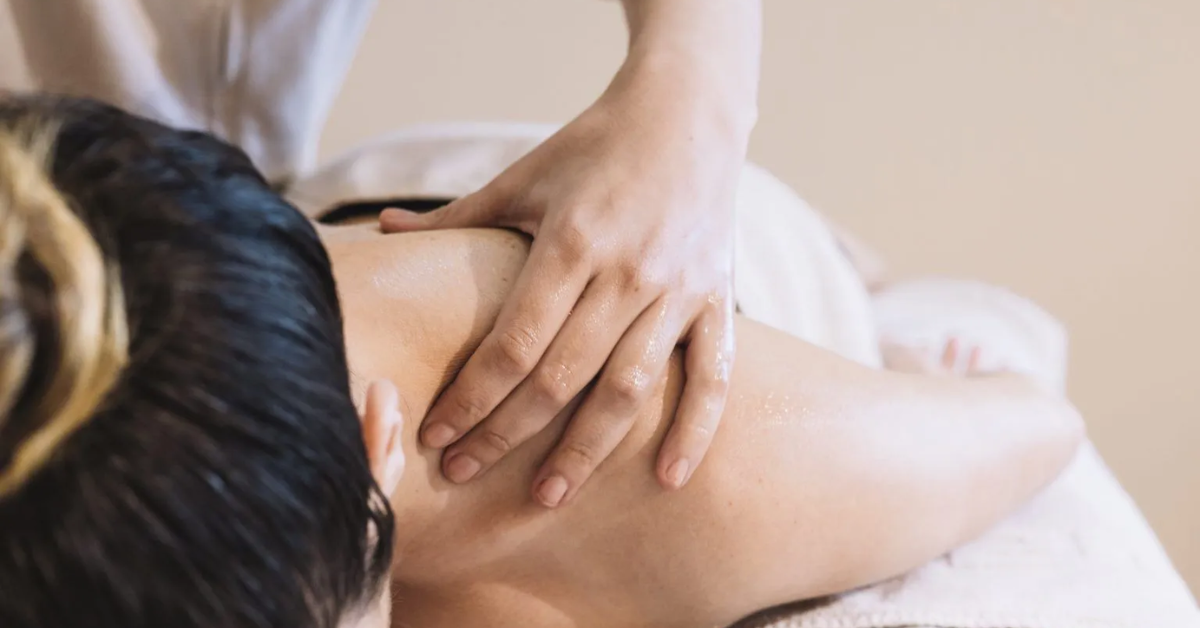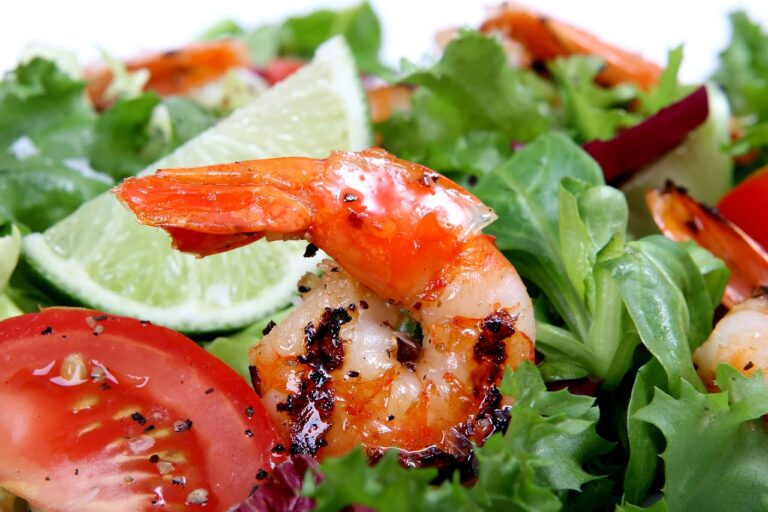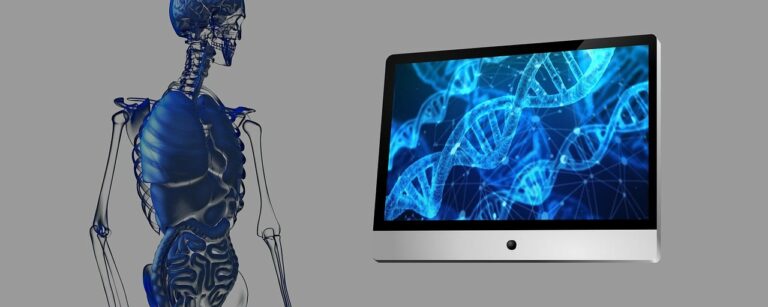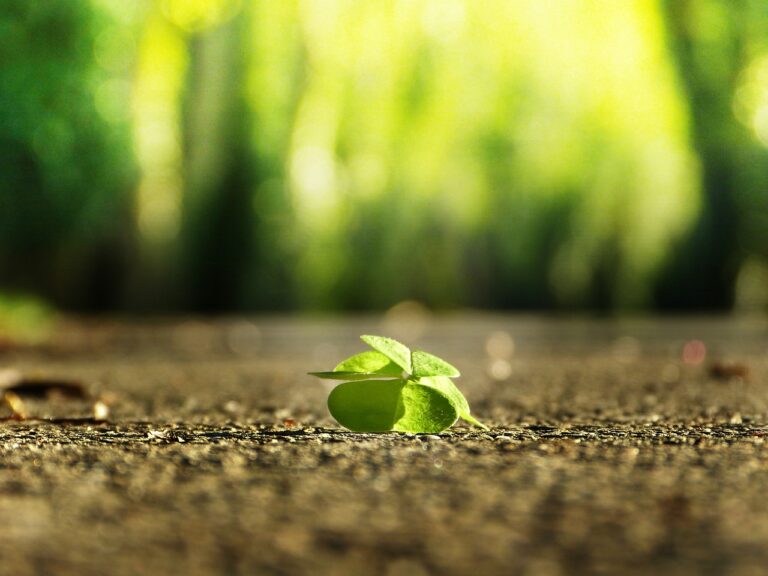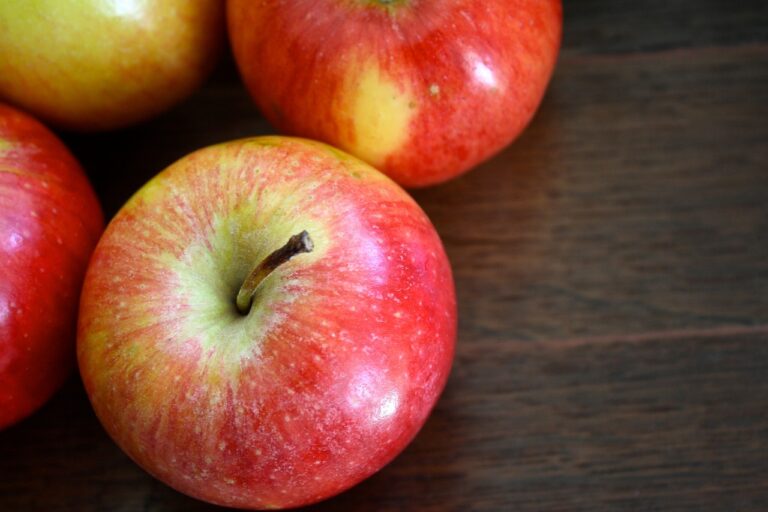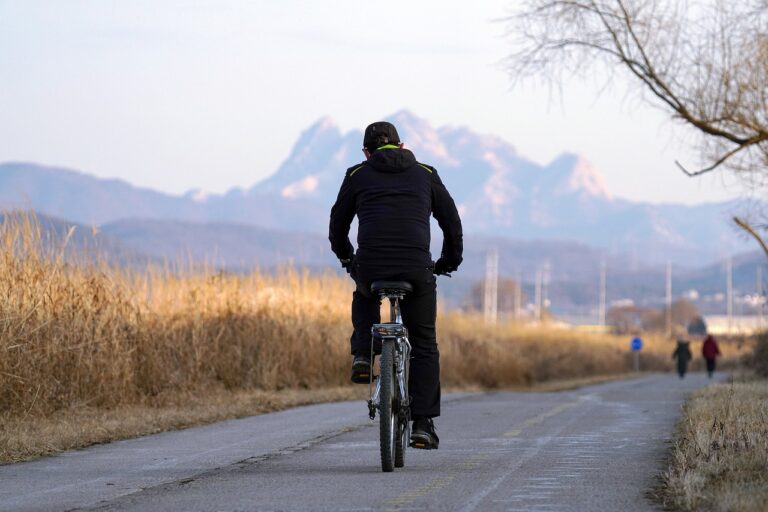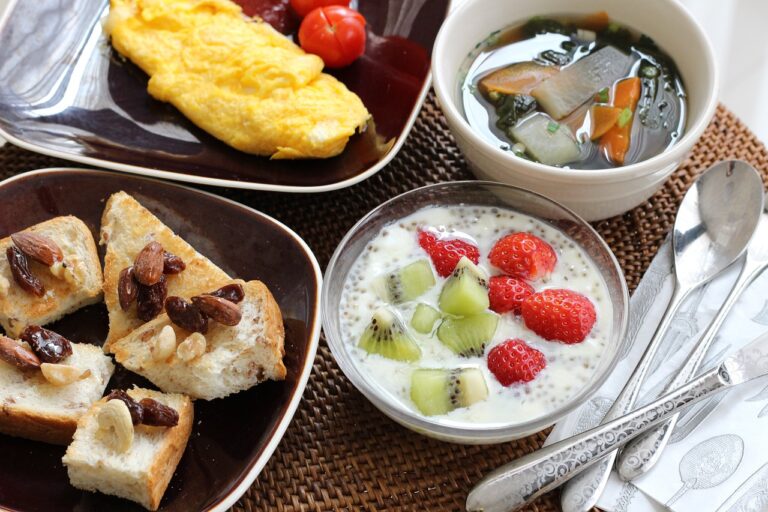Rediscovering Balance: The Power of TCM Tuina in Singapore
Traditional Chinese Medicine (TCM) has long been celebrated for its holistic therapeutic approach, and among its many modalities, TCM Tuina Singapore stands out as a profoundly effective technique to restore the body’s natural equilibrium. Rooted in ancient wisdom yet practiced in modern-day clinics across Singapore, Tuina is more than just a massage — it is a disciplined, medicinal treatment designed to harmonize energy (Qi), mobilize the internal circulation of blood, relieve pain, and treat the root causes of physical imbalance.
Origins and Philosophy of TCM Tuina
Tuina (pronounced “twee-nah”) is one of the foundational hands-on therapies in TCM, with a history that spans over two millennia. Its name comes from the two Chinese words tuī (推), meaning to push, and ná (拿), meaning to grasp — reflecting the key manual techniques used by practitioners. Rather than focusing solely on muscular tension like many Western massage styles, Tuina is deeply rooted in the TCM philosophy of balancing the body’s meridian system and facilitating the flow of Qi.
According to TCM theory, disease or discomfort arises when the flow of Qi and blood is blocked or disrupted within the body’s network of meridians. Tuina aims to remove these blockages by using targeted manipulation — pressing, rolling, stretching, tapping, and kneading — on specific acupoints and soft tissues to restore harmony and health.
What Happens in a Tuina Session in Singapore
When you book a TCM Tuina Singapore session at a reputable clinic, the process typically begins with an in-depth consultation. A trained TCM practitioner will assess not just your superficial symptoms but also your overall health status. They examine your posture, check for tension patterns, and may ask about your lifestyle, diet, and emotional well‑being.
Once the evaluation is complete, the practitioner determines which meridians and acupoints require attention and selects from a wide array of manual techniques. During the session, you might experience a mix of soothing strokes and firmer pressure. Techniques such as kneading, pushing, grasping, and stretching are applied in a methodical way to stimulate circulation and bring relief.
Some movements address superficial issues like muscle knots, while others reach deeper to influence the flow of Qi, targeting not only pain but also underlying imbalances. This therapeutic depth is one of the major differences between Tuina and a typical Western massage.
Key Benefits of TCM Tuina
-
Musculoskeletal Pain Relief
Tuina is especially effective for chronic pain conditions—such as neck stiffness, low back pain, and joint discomfort. By manipulating muscles, tendons, and ligaments, it can alleviate tension, reduce adhesions, and improve mobility. -
Posture and Structural Alignment
Modern lifestyle habits—like long hours of sitting or hunched shoulders—can cause postural imbalances. Tuina helps correct these by realigning muscles and joints, reinforcing proper alignment, and restoring musculoskeletal balance. -
Circulation and Qi Flow Enhancement
Through its focus on acupoints and meridians, Tuina promotes smoother Qi and blood circulation, which contributes to better tissue nourishment and detoxification. -
Digestive and Internal Health
By targeting acupoints related to the digestive system, Tuina can help manage bloating, indigestion, and other gastrointestinal issues, offering a gentle, non-pharmaceutical support for internal health. -
Stress Reduction and Emotional Balance
The rhythmic and deliberate pressure applied during Tuina can calm the nervous system, reducing stress and anxiety. Many individuals also report improved sleep and emotional well‑being after consistent sessions. -
Immune Support
Regular Tuina treatments may enhance the body’s immunity by optimizing Qi flow and ensuring that the internal systems function more coherently. -
Rehabilitation and Sports Recovery
Some athletes and active individuals in Singapore choose Tuina not only for injury recovery but also for performance maintenance. The therapy helps improve the elasticity of muscles and ligaments, lowering risk of future injury.
Comparing Tuina with Western Massage
Many people wonder how TCM Tuina Singapore differs from more familiar Western massage therapies. The distinction lies largely in purpose and philosophy:
-
Therapeutic, Not Just Relaxing: While Western massages often focus on general relaxation and surface-level muscle manipulation, Tuina’s goal is to treat both symptoms and root causes.
-
Meridian-Based: Tuina targets specific pathways in the body—the meridians—that are foundational in TCM. These channels are believed to carry Qi, and blockages along them are addressed using targeted manual techniques.
-
Deep and Precise: Tuina uses a wide array of techniques — pressing, rolling, grasping, stretching, tapping — depending on the condition, offering a more varied and precise approach than a generic muscle rub.
-
Holistic View: A Tuina practitioner doesn’t simply treat muscles. They assess the person as a whole—body alignment, energy flow, lifestyle factors—to tailor a treatment plan, often combining with other TCM therapies like acupuncture or herbs when needed.
Safety, Precautions, and Clinic Selection
While Tuina is generally safe, it’s important to approach it with care and choose the right practitioner. Here are some considerations, especially relevant in Singapore:
-
Qualified Practitioners: Ensure that your Tuina therapist is a registered TCM practitioner. Only trained, credentialed professionals should provide TCM massage.
-
Medical Disclosure: Be open about your health history. Conditions like bleeding disorders, severe osteoporosis, certain skin issues, or neurological problems may require special modifications or even contraindicate Tuina.
-
Potential Reactions: After a session, some people may feel soreness, light bruising, or a temporary increase in pain as the body’s Qi and blood move and adjust.
-
Session Frequency: Depending on your goals—pain relief, rehabilitation, general wellness—the number of sessions recommended may vary. For some chronic conditions, a course of regular treatments (e.g., weekly sessions) may be advised.
-
Integrative Approach: Tuina can be combined with other TCM modalities like cupping, acupuncture, or herbal medicine to enhance therapeutic outcomes. Many clinics in Singapore offer integrated treatment plans.
Real-Life Applications in Singapore
In Singapore, several reputable TCM clinics offer Tuina therapy tailored to different needs:
-
Pain Management: Tuina is used as a targeted therapy to relieve chronic pain and tension through deep tissue techniques.
-
Wellness & Maintenance: Many practitioners recommend Tuina as a preventive therapy, to maintain balanced energy flow and support overall well-being.
-
Rehabilitation: Post-injury or post-surgery, Tuina is used to accelerate recovery, improve flexibility, and rebuild soft tissue health.
-
Stress Relief: Given Singapore’s fast-paced lifestyle, Tuina serves as a trusted tool to de-stress, improve sleep, and restore mental clarity.
The Transformative Potential of TCM Tuina
What makes TCM Tuina Singapore particularly powerful is its synergy of therapeutic depth, customization, and time-tested philosophy. Unlike a superficial massage, Tuina helps to realign the body’s internal machinery: meridians, energy flow, and tissue quality. This makes it not just a remedy for pain, but a preventive and restorative practice.
Many who try Tuina report long-term benefits: improved posture, fewer aches, better digestion, enhanced immune resilience, and a calmer mental state. With consistent treatment, it can become part of a holistic self-care routine, one that supports both physical and energetic balance.
Conclusion
As traditional and modern healing practices converge in Singapore, TCM Tuina offers a uniquely valuable modality—therapeutic, scientific in its own ancient way, and deeply personalized. Whether you’re battling chronic pain, recovering from an injury, or simply seeking a more balanced life, Tuina stands as a bridge between ancient wisdom and contemporary wellness. By choosing a credible TCM clinic and working with qualified practitioners, you unlock not just relaxation but a profound pathway to holistic health.

